In 2020, the minds of the planet’s population were occupied with one problem — coronavirus. Chinese bats are known to have served as the starting point. Naturally, pet owners are concerned about a burning question: Can animals have coronavirus? If yes, is it dangerous? Is this treatable? What could be the consequences? Let’s try to figure it out.
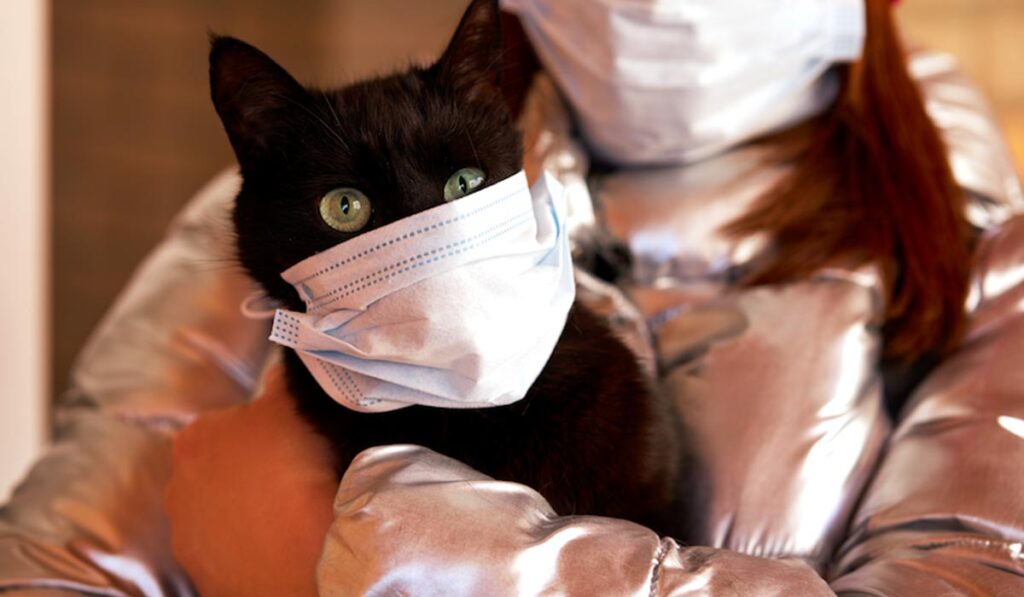
Covid-19 has entered our lives firmly and for a long time. And if the virus’s origins are bats, we logically wonder: Can the coronavirus be transmitted to animals? After all, many people have cats, dogs, hamsters, etc. in their homes. Can a person become a source of infection for a pet?
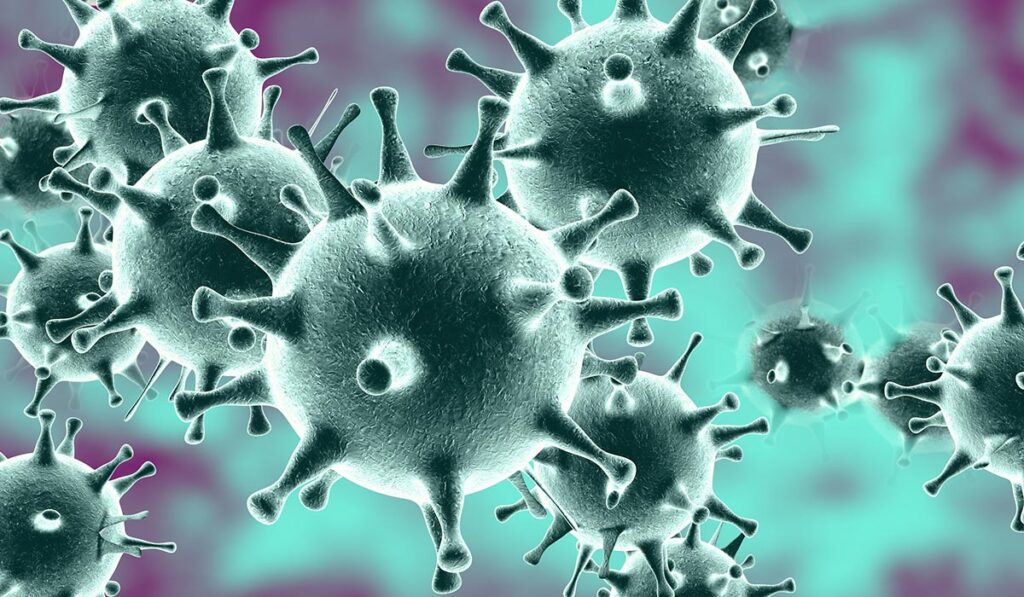
There is an assumption that a Pomeranian Spitz dog became infected with “corona” in China. After a two-week stay in the clinic, her tests showed the presence of antibodies. The animal returned home, where it soon passed safely into another world. However, it was a dog of respectable age, and it is impossible to say that it died from the coronavirus.

However, some people believe that humans cannot become infected with coronavirus from animals. There is not a live virus but a viral genome in their bodies. This means that even a positive test cannot indicate that your pet has become infected.
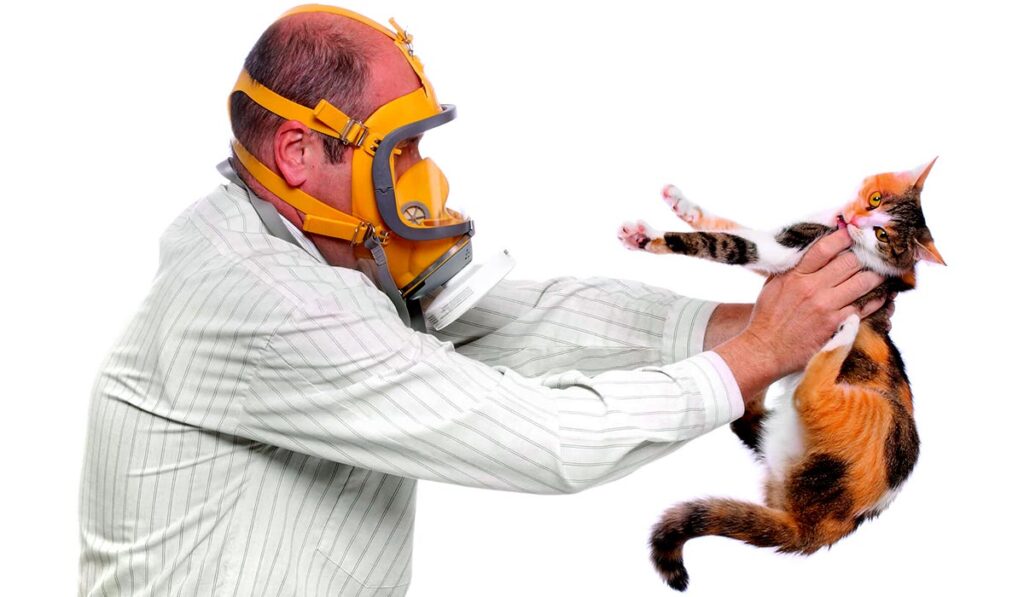
Scientists suggest that the coronavirus has successfully overcome the interspecies barrier and is now quietly transmitted from person to person.
As we know, there are more than forty types of COVID. It’s a virus in ALL mammals, so cats can get it, but they have it, as they say, in their feline, called FIP.
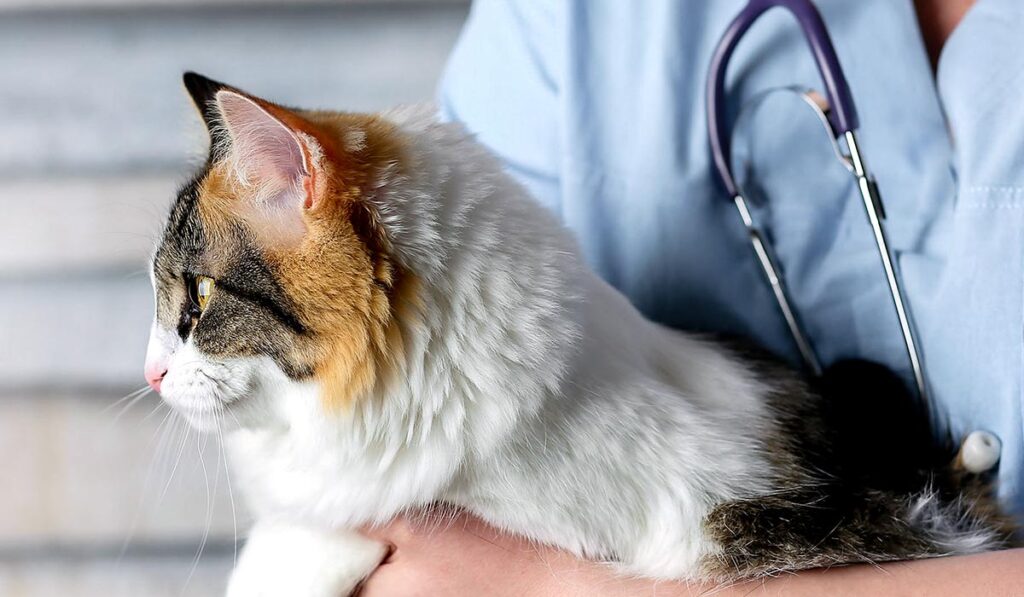
Symptoms of coronavirus for cats:
- If the concentration of the virus is small, then the disease does not manifest itself in any way.
- If it is medium and high, then the infection finds its way out as enteritis (diarrhea, general lethargy, lack of appetite, loss of coordination).
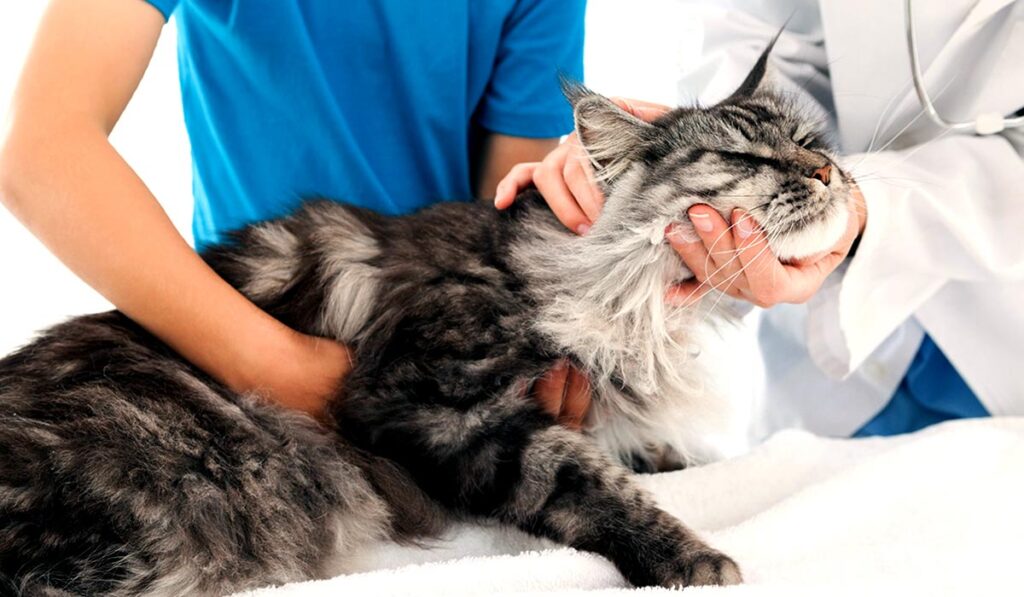
In the latter case, the animal’s immunity decreases, and the cat can be attacked by various sores that become more active. The consequence may be diarrhea with blood, which is already very life-threatening.
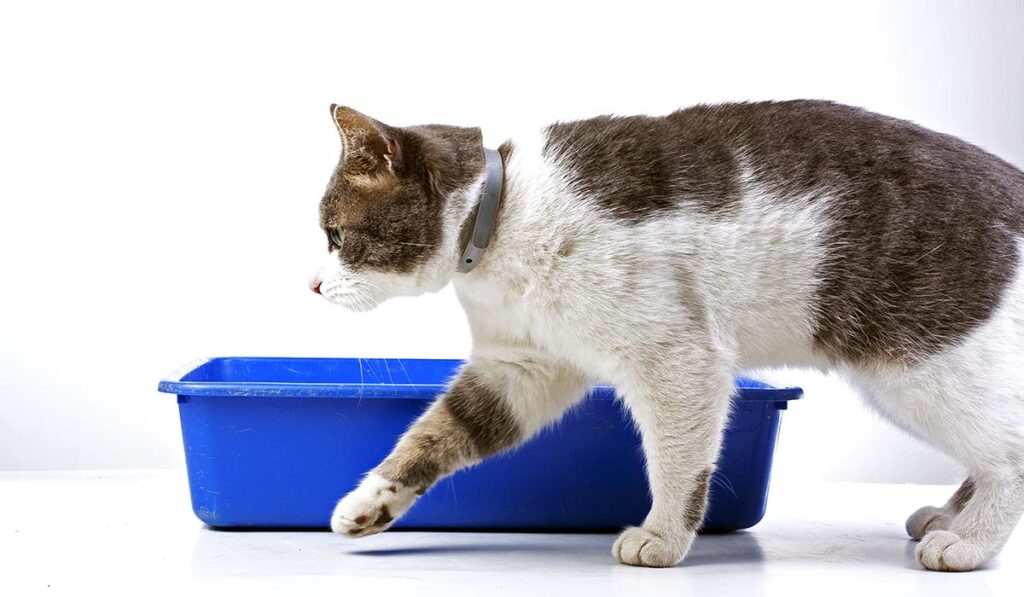
The mutation of coronavirus enteritis into coronavirus peritonitis is considered almost 100% fatal. At the same time, the cat has no appetite, has a fever, and has heavy breathing. Fluid accumulates in the abdominal cavity, and kidney failure develops.
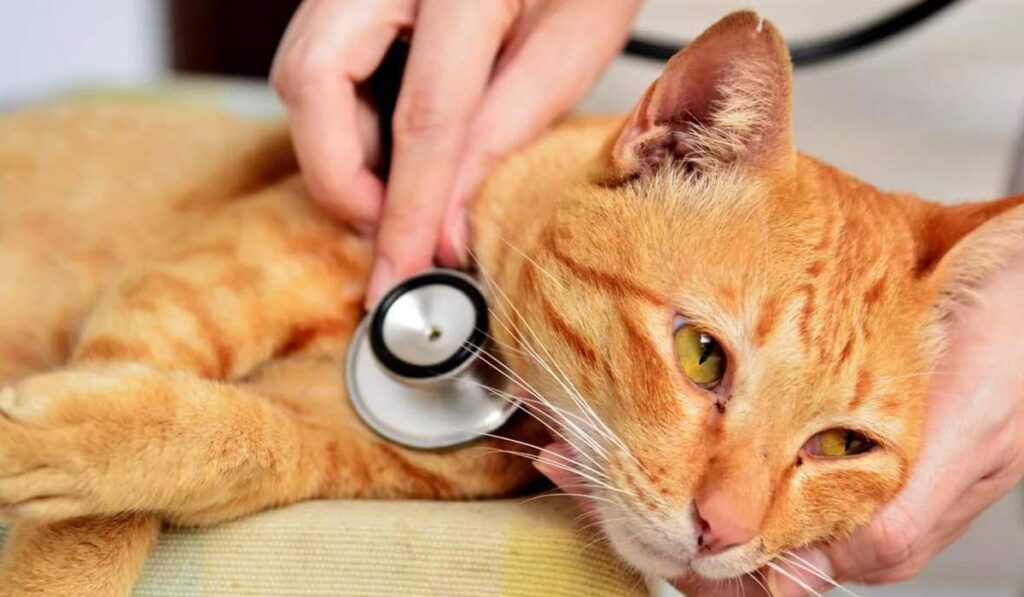
There is another form of peritonitis: when the animal does not produce fluid, but there is urinary incontinence, spasms appear, and the liver becomes enlarged.
Do I need to say that you must first get tested if you suspect a disease? I think not. But sometimes, the owners of a sick cat may not think critically, which is what all sorts of quack veterinarians take advantage of.
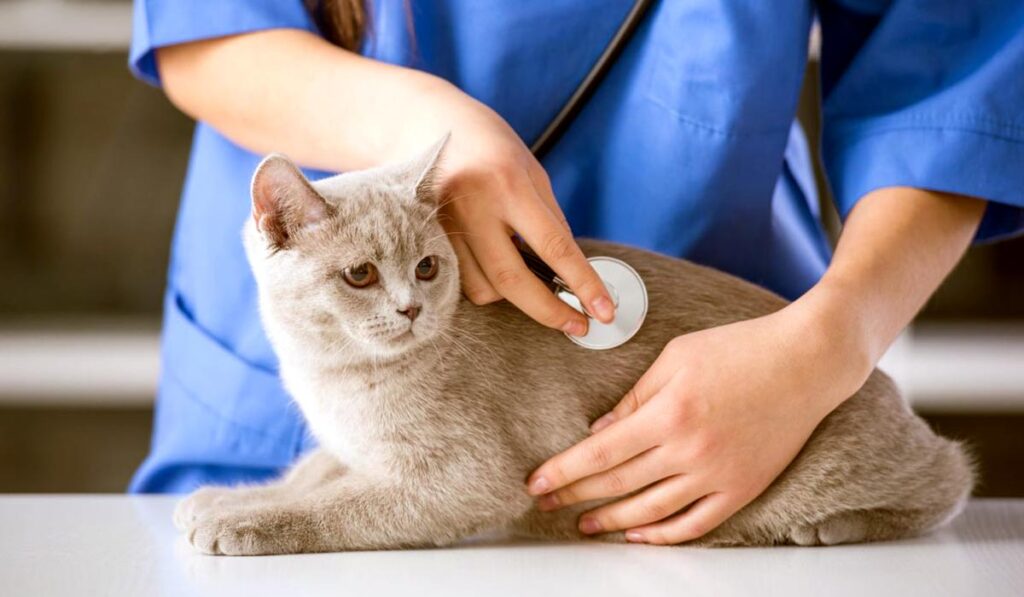
It is advisable to do tests in several clinics at once and not faint from the lines in the diagnosis. If the animal feels more or less regular, it is too early to panic.
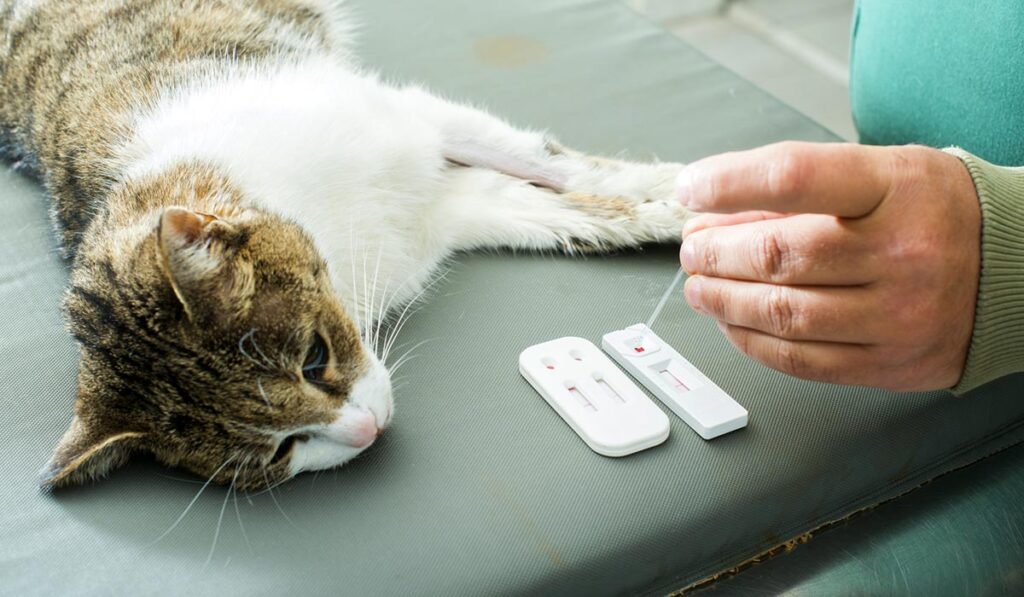
What tests should I take? First – blood; second – feces; and third, an ultrasound of the abdominal cavity.
In reality, FIP has no cure, and its mortality rate reaches 99%. Here, immunomodulators will not help in any way; on the contrary, they will worsen the disease. Immunosuppressants and vitamins that enhance immunity are used to treat COVID-19 in cats.
I’d like first to give a definition.
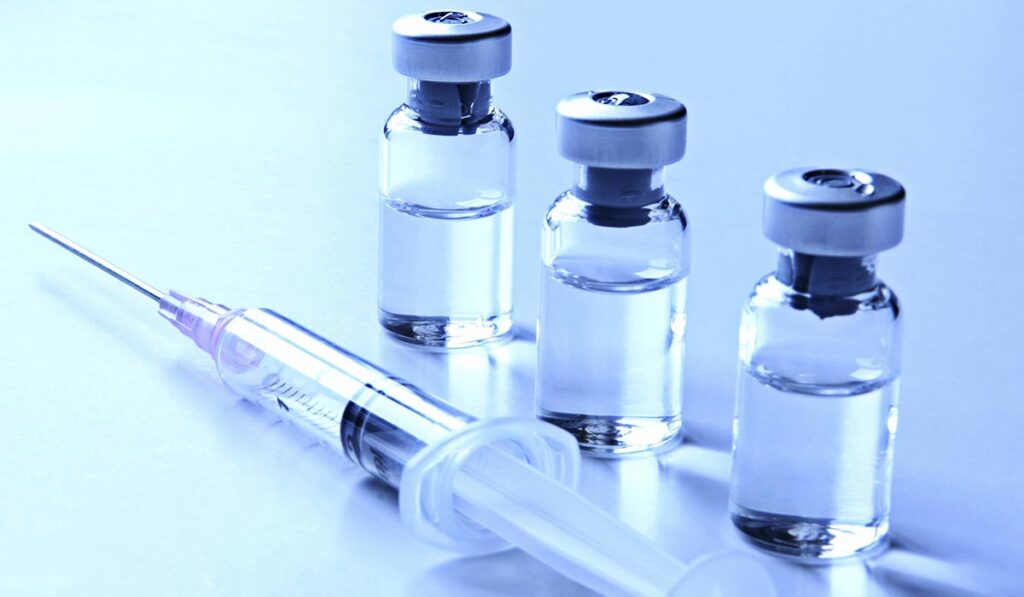
A vaccine is a drug that produces antibodies by introducing a killed or weakened virus into the body.
If the cat already has a virus, this vaccine will be like a fifth wheel to a cart. Vaccinations are intended for HEALTHY animals to prevent their infection and the progression of the disease to a severe form.
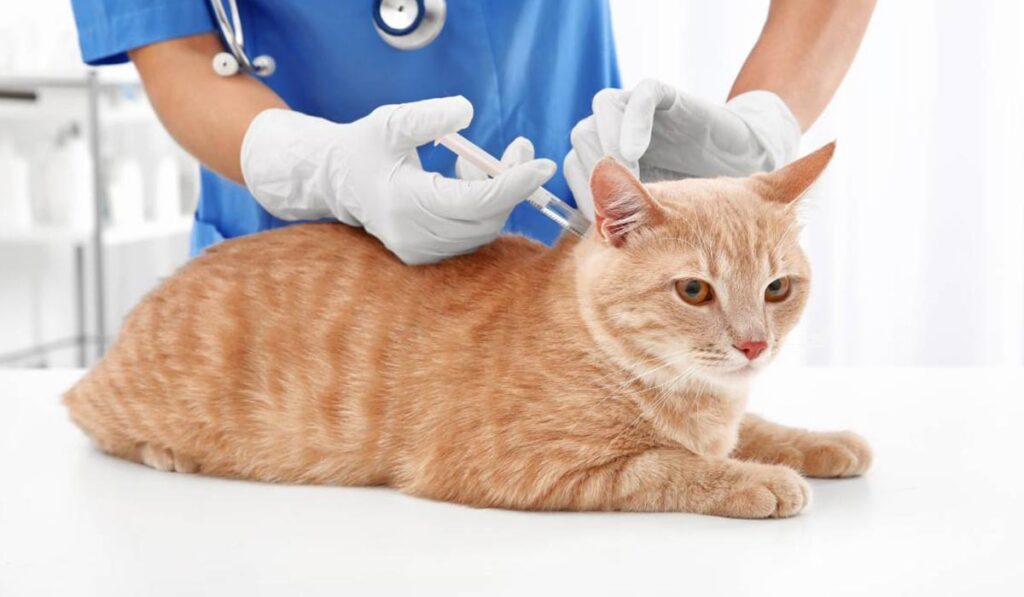
However, there is no vaccine against the “corona” of cats; instead, it has not been recognized as effective. You wouldn’t risk your cat (especially a healthy one)?
Cat COVID-19 can quickly be brought from the street; a cat can become infected with it from the feces of another cat. The best prevention here is careful hygiene, good nutrition, and the absence of stressful situations. Then, neither FIP nor COVID is scary for your cat.
If you bring a new kitten into your home and already have one, you must ensure the newcomer is in complete quarantine until the test results return.

And yes, you cannot become infected with cat coronavirus, even if you kiss a sick cat on its snotty nose.

And it would be best if you weren’t afraid of the cat’s coronavirus – you must beware of its mutation.
The virus manifests in intestinal and respiratory forms in dogs. The incubation period usually lasts a week, and the owner may not suspect the dog is already sick.
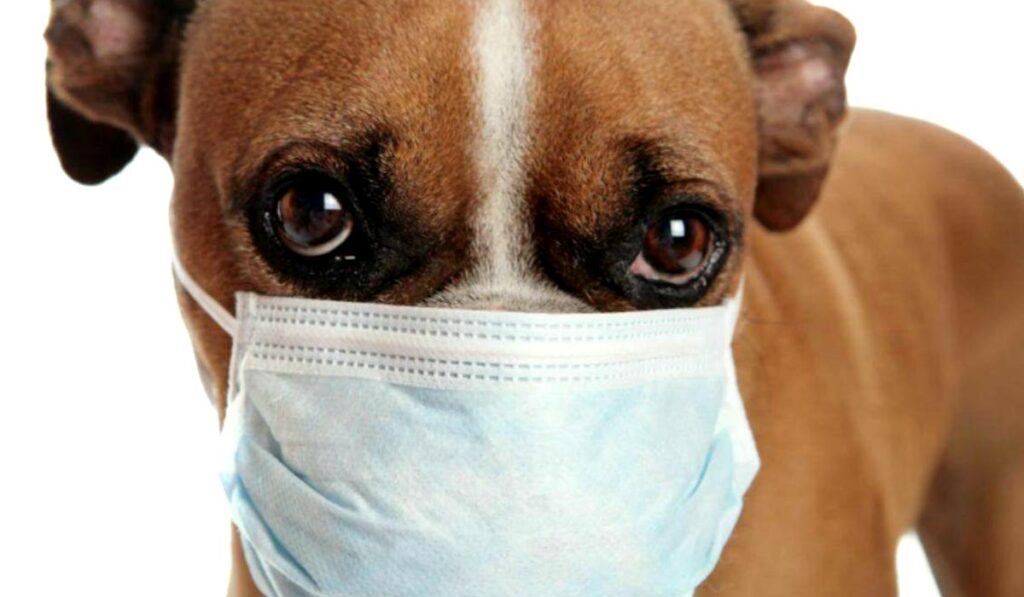
The intestinal form is transmitted through direct contact, that is, if the dogs play with each other, sniff, or ingest feces or contaminated food and water. In the respiratory form, the animal becomes infected only by airborne droplets.
What is canine coronavirus? The destruction of intestinal cells and blood vessels characterizes the intestinal form. As a result, the gastrointestinal mucosa becomes inflamed, opening up space for other viruses’ influence. For example, enteritis is very dangerous for puppies, and parvovirus is walking hand in hand with coronavirus.
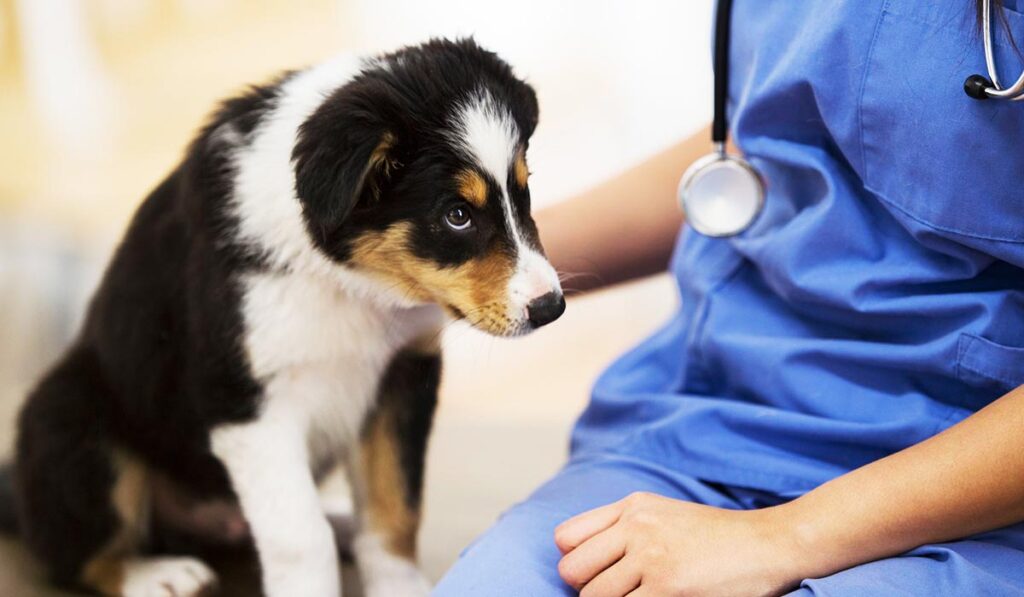
An infected dog refuses to eat, vomits, and has bloody, foul-smelling diarrhea. This leads to severe body dehydration, and the animal melts before our eyes.
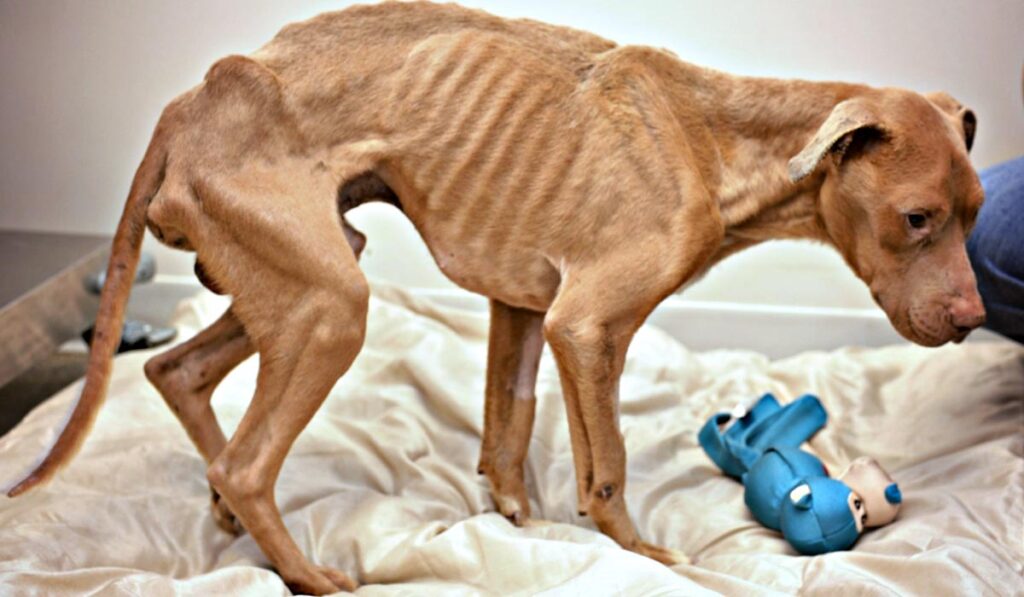
The respiratory form manifests itself as a common cold. The dog sneezes, and coughs and his face is covered in snot. The disease rarely causes complications, such as pneumonia with fever.
Interestingly, all dogs kept in kennels show the presence of antibodies, while in domestic dogs – in 50% of cases.
The same is true for cats; dogs have no treatment for coronavirus. All therapy consists of increasing immunity and taking antimicrobial drugs. If your four-legged friend is too dehydrated, your doctor may prescribe a drip. Antibiotics can even be prescribed if any concomitant diseases appear against the background of a weakened body.
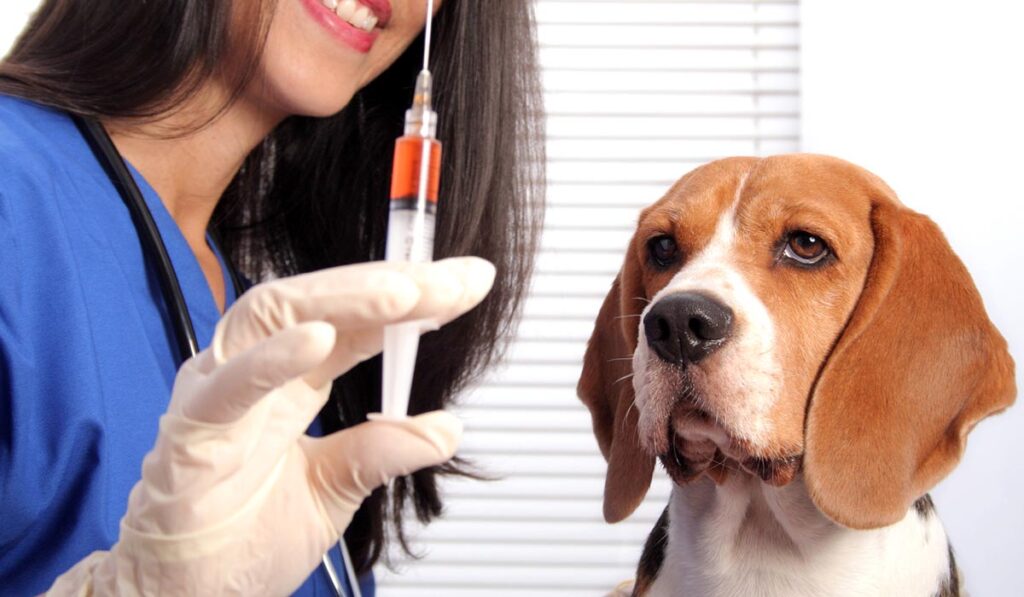
When the dog gets better, the treatment does not end. She is prescribed a diet of soft food, which is well accepted by the sick stomach and intestines. It would be best if you fed in small portions. In this regard, a good option would be to use high-quality industrial food for dogs with intestinal diseases. It contains everything that is needed for the patientin the required proportions.
Just like for cats, coronavirus vaccines for dogs do not exist. However, there are vaccinations against leptospirosis, distemper, and parvovirus enteritis. As I already said, these infections arise from the background coronavirus, which weakens the immune system.
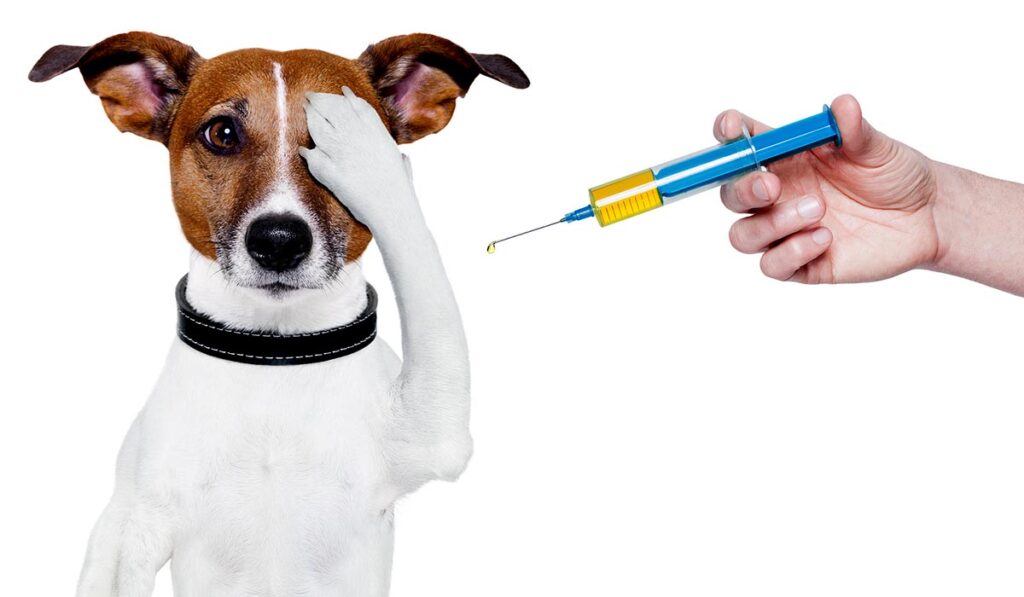
To protect your pet, give him all the necessary vaccinations on time.
Prevention consists of good nutrition and hygiene. The virus does not tolerate treatment with disinfectant solutions. And under no circumstances should the dog come into contact with other dogs’ feces.
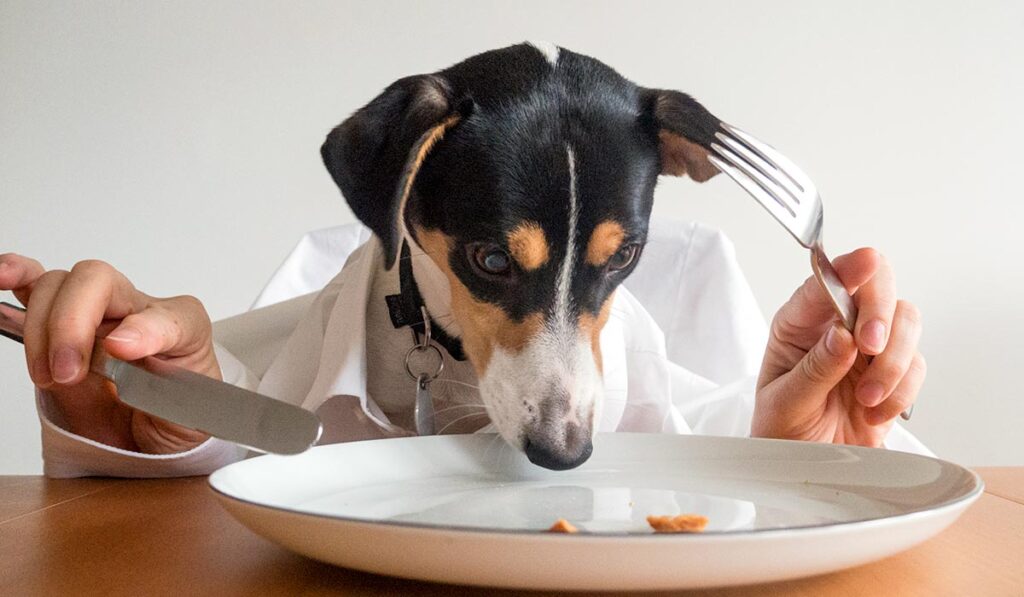
As with cats, canine COVID-19 cannot be transmitted to humans, so feel free to put your fears to rest.
Farm animals also get sick since the virus mutates and recombines very quickly. But again, this is precisely their COVID-19, which is not transmitted to humans, and a person cannot infect a cow or horse.
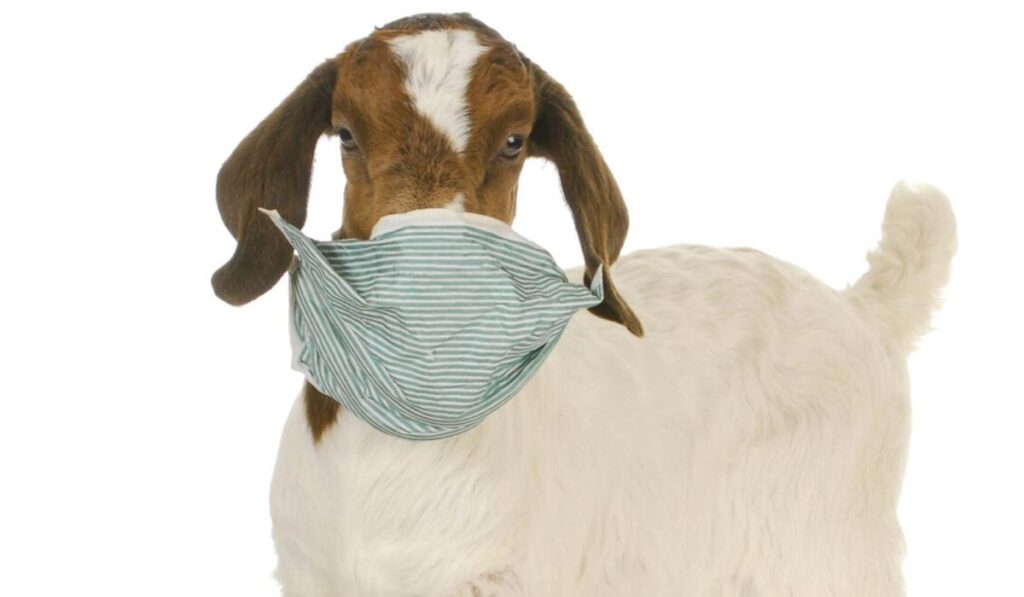
A simple and logical conclusion can be drawn: animals do not get sick with human Covid-19, just as humans cannot infect pets. This disease was identified quite a long time ago; it is just that against the backdrop of a global pandemic, it is perceived as somewhat exaggerated.
Health to you and your pets!




